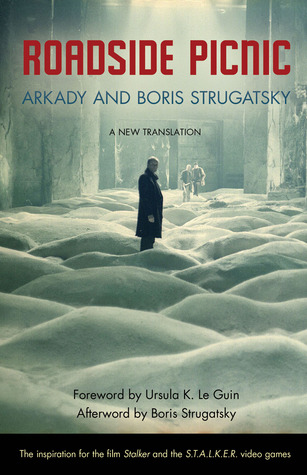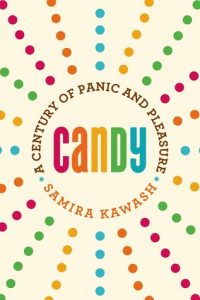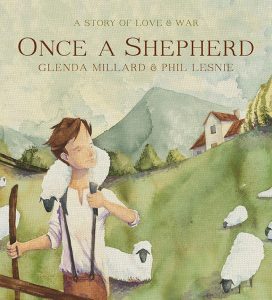Once there sang a carefree shepherd
in a field of emerald green.
He lullabied his cloud-white lambs
and gentlied off their fleece.
Once Tom’s world was all at peace.
Tag Archives: Karen’s Pick
Poetry of the Apocalypse at the TIFF
 Calling all Tarkovsky fans! (And anyone interested in examining their innermost desires and exploring what it is to be human. Also sci-fi fans.) TIFF is currently holding a series on the films of Andrei Tarkovsky called The Poetry of Apocalypse: The Films of Andrei Tarkovsky, the schedule for which you can view here! And seeing as I’ve only seen the one film by Tarkovsky, I’m going to talk a bit about Stalker and touch lightly upon the novel that served as its inspiration: Roadside Picnic by Boris & Arkady Strugatsky.
Calling all Tarkovsky fans! (And anyone interested in examining their innermost desires and exploring what it is to be human. Also sci-fi fans.) TIFF is currently holding a series on the films of Andrei Tarkovsky called The Poetry of Apocalypse: The Films of Andrei Tarkovsky, the schedule for which you can view here! And seeing as I’ve only seen the one film by Tarkovsky, I’m going to talk a bit about Stalker and touch lightly upon the novel that served as its inspiration: Roadside Picnic by Boris & Arkady Strugatsky.
You can check out the screenings for Stalker at the TIFF here, and they actually have a special event on Tuesday November 14th (tomorrow) where guest speaker Robert Bird talks about Tarkovksy and his influence on Soviet films.
Now, onto the film. This felt more like a foray into the heart, where each member of the group must confront their own desires and the reality of what, or who, they are before they are able to reach their destination: the area of the Zone where, people say, your deepest desire will come true. But do we really know what it is that lurks within the depths of our hearts?
Candy
 So it’s October, and frightfully close to Halloween (may I interest you in our Halloween Spooktacular?), so I figured I’d cover something topical – Candy: A Century of Panic and Pleasure by Samira Kawash – because whether you celebrate All Hallow’s Eve or not, you’ll likely find it nigh impossible to avoid the sight of candy as the day nears.
So it’s October, and frightfully close to Halloween (may I interest you in our Halloween Spooktacular?), so I figured I’d cover something topical – Candy: A Century of Panic and Pleasure by Samira Kawash – because whether you celebrate All Hallow’s Eve or not, you’ll likely find it nigh impossible to avoid the sight of candy as the day nears.
While I suppose it would be difficult to make any discussion of candy dull and boring, Kawash does an especially wonderful job keeping the writing lively and inserting a dose of her personality in every chapter as she takes us along the history of candy in North America. The incredulity with which she introduces a rather sophistic argument from a party advertising candy as an entirely wholesome and nutritious food will crack you up, and her exasperation at finding so little information about candy in what look to be promising tomes of histories about food in America is palpable. That being the case, though, she makes sure to write in their defence where it’s due, as when pointing out that information about nutrition was woefully incomplete then, which lets the reader have a better understanding of the times and perceptions. Kawash’s tongue-in-cheek attitude while discussing the history of candy is fitting, and the ambiguities she talks about as to what even constitutes candy, and how arguments for and against candy have at points not made much sense or – even worse – built on the exact same “evidence”, is delightful.
